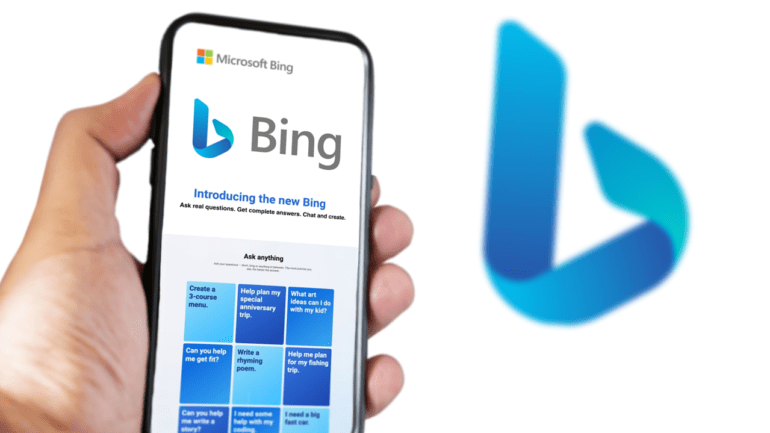TL;DR:
- Microsoft is extending AI-powered Bing Chat to mobile browsers.
- Bing Chat was initially limited to Microsoft’s Edge browser.
- The move aims to increase accessibility and engagement.
- Chrome and Safari desktop browsers are also being included in testing.
- Bing Chat’s features include summarized answers and image creation.
- Over 1 billion chats and 750 million images have been generated using Bing Chat.
- Windows Copilot, powered by Bing Chat, is making its way to Windows 11.
Main AI News:
In a strategic move to enhance user accessibility and engagement, Microsoft is set to introduce its AI-driven Bing Chat to mobile browsers. While Bing Chat initially debuted in late February, exclusively within Microsoft’s Edge browser, the tech giant is now taking a bold step by extending its reach to all mobile browsers. This decision is in line with the broader strategy of unblocking Bing Chat on third-party browsers, marking a significant shift in Microsoft’s approach.
Originally launched earlier this year, Bing Chat quickly garnered attention for its innovative features and capabilities. However, its availability was limited to Microsoft’s proprietary ecosystem, which included Android and iOS apps dedicated to the service. Nevertheless, Microsoft has recognized the need to make Bing Chat more accessible to a wider audience, prompting the recent decision to open its gates to the ever-popular Chrome and Safari desktop browsers. This transition is viewed as a crucial testing phase for the full integration of Bing Chat with various third-party browsers.
The Bing team expressed their enthusiasm about this new development, highlighting the growing scope of Bing’s capabilities. “With an array of novel and practical features now embedded within Bing, we are thrilled to announce that the AI-powered Bing experience will soon be accessible through third-party browsers on both web and mobile platforms,” states the team in a recent blog post. This strategic move emphasizes Bing’s capacity to offer concise and informative answers, innovative image creation tools, and more to a diverse spectrum of users.
The initial launch of Bing Chat approximately six months ago was restricted to Microsoft’s Edge browser, a decision that potentially contributed to the substantial growth witnessed by the company in that timeframe. According to Microsoft, there has been an impressive streak of nine consecutive quarters of growth on Edge. This growth trajectory is likely a result of Bing Chat’s exclusive integration with the browser. Additionally, Bing Chat has facilitated over a billion chats and has been utilized to generate over 750 million images, showcasing its relevance and utility.
Moreover, Microsoft’s commitment to integrating its innovations across platforms is evident with the forthcoming release of Windows Copilot. This feature, powered by Bing Chat, is slated to make its appearance in Windows 11. Currently undergoing testing in select builds of Windows 11, the Windows Copilot sidebar is expected to be accessible to all Windows 11 users in the coming months. This strategic alignment reinforces Microsoft’s vision of seamless integration and improved user experiences across its ecosystem.
Conclusion:
This strategic expansion of Microsoft’s AI-powered Bing Chat to mobile browsers signifies a significant step towards broadening its user base and enhancing engagement. By embracing third-party browsers and offering features such as summarized answers and innovative image creation, Microsoft is poised to strengthen its position in the market. This move aligns with Microsoft’s commitment to integrating its innovations across platforms and ensuring a seamless user experience, ultimately contributing to its market competitiveness and user satisfaction.

